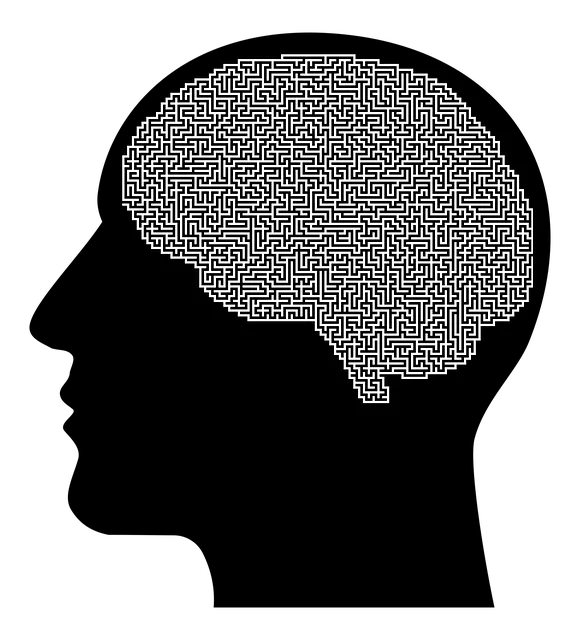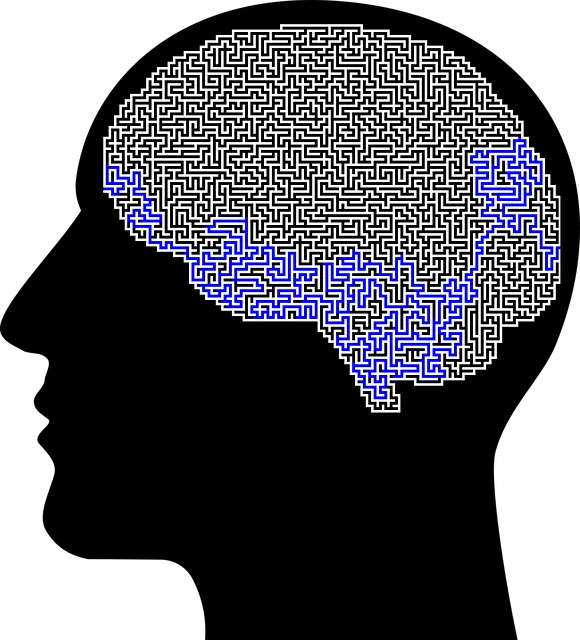In Louisville, the Recovery-Focused Model (RFM) adopted by Kaiser Permanente's network of mental health providers has transformed care delivery from a medical model to a holistic perspective. This approach prioritizes individual strength and resilience, incorporating strategies like Inner Strength Development. By implementing Resilience-Building Exercises, based on evidence-based practices and client feedback, the program ensures tailored support for patients' complex needs. Success is measured using RFM assessment tools tracking resilience, flexibility, and mastery, with data-driven improvements benefiting both individual patients and the quality of mental health services provided by Louisville Kaiser Permanente's dedicated team.
“Louisville’s Kaiser Permanente mental health providers are pioneering innovative approaches to patient care with the implementation of Resilience-Focused Medicine (RFM). This article delves into RFM’s profound impact on mental health services in the city, offering a comprehensive guide for healthcare professionals. We explore a step-by-step framework for integrating resilience-building exercises, highlighting best practices for program success and continuous improvement. By embracing RFM, Louisville Kaiser Permanente providers are revolutionizing care, fostering resilience among patients and enhancing overall well-being.”
- Understanding RFM and Its Impact on Mental Health Care in Louisville
- Implementing Resilience-Building Exercises: A Step-by-Step Guide for Kaiser Permanente Mental Health Providers
- Measuring Success and Continuous Improvement: Best Practices for RFM Programs at Kaiser Permanente Louisville
Understanding RFM and Its Impact on Mental Health Care in Louisville

In Louisville, the implementation of RFM (Recovery-Focused Model) has significantly transformed mental health care services, particularly within Kaiser Permanente’s network of providers. This approach places individuals at the heart of their recovery journey, emphasizing their inherent strength and resilience. By shifting from a traditional medical model to a more holistic perspective, Louisville Kaiser Permanente mental health professionals are now equipped with tools to facilitate not just symptom reduction but also substantial improvements in overall well-being.
The RFM strategy, which includes components like Inner Strength Development, helps patients cultivate coping mechanisms that go beyond mere crisis intervention (Crisis Intervention Guidance). This proactive approach encourages the development of adaptive behaviors and fosters a sense of agency, enabling individuals to navigate challenges with enhanced resilience. As a result, Louisville’s mental health care system is better prepared to address the complex needs of its community members, ensuring more effective long-term support for those in recovery.
Implementing Resilience-Building Exercises: A Step-by-Step Guide for Kaiser Permanente Mental Health Providers

Implementing Resilience-Building Exercises provides Louisville Kaiser Permanente mental health providers with a powerful tool to empower clients and foster well-being. This step-by-step guide ensures a structured approach, catering specifically to the unique needs of Kaiser’s dedicated team.
Commence by assessing existing practices and client feedback, identifying areas for improvement. Subsequently, integrate evidence-based exercises tailored to enhance resilience, such as Mindfulness Meditation techniques proven effective in Depression Prevention. Offer diverse options to cater to different preferences, ensuring accessibility for all clients. Regularly review and update the program based on ongoing research and client progress, creating a dynamic and impactful experience.
Measuring Success and Continuous Improvement: Best Practices for RFM Programs at Kaiser Permanente Louisville

Measuring success is a vital aspect of any resilience-building program, especially within healthcare organizations like Louisville Kaiser Permanente, where mental health providers play a crucial role. The best practices for RFM (Resilience, Flexibility, and Mastery) programs focus on quantifiable outcomes to ensure the effectiveness of interventions. By setting clear goals and utilizing evidence-based assessment tools, mental health professionals can track individual and group progress over time. This data-driven approach allows for continuous improvement, enabling providers to adapt their strategies and tailor support based on clients’ evolving needs.
Regular evaluation involves assessing changes in participants’ stress levels, emotional well-being, and coping mechanisms. For instance, tracking improvements in mood management and self-care practices can demonstrate the program’s impact on anxiety relief. Such measurements not only benefit individual patients but also contribute to the overall enhancement of mental health services within Louisville Kaiser Permanente, ensuring that their dedicated team of mental health providers can offer even more effective support.
The implementation of RFM and resilience-building exercises by Louisville Kaiser Permanente mental health providers has shown significant promise in enhancing patient care. By integrating these strategies, the organization has created a supportive environment that fosters resilience and improves overall mental well-being. The step-by-step guide provided offers a practical framework for other healthcare providers to adopt similar initiatives, ensuring continuous improvement through measured success. This approach not only benefits individual patients but also contributes to a stronger, more resilient community in Louisville and beyond.






